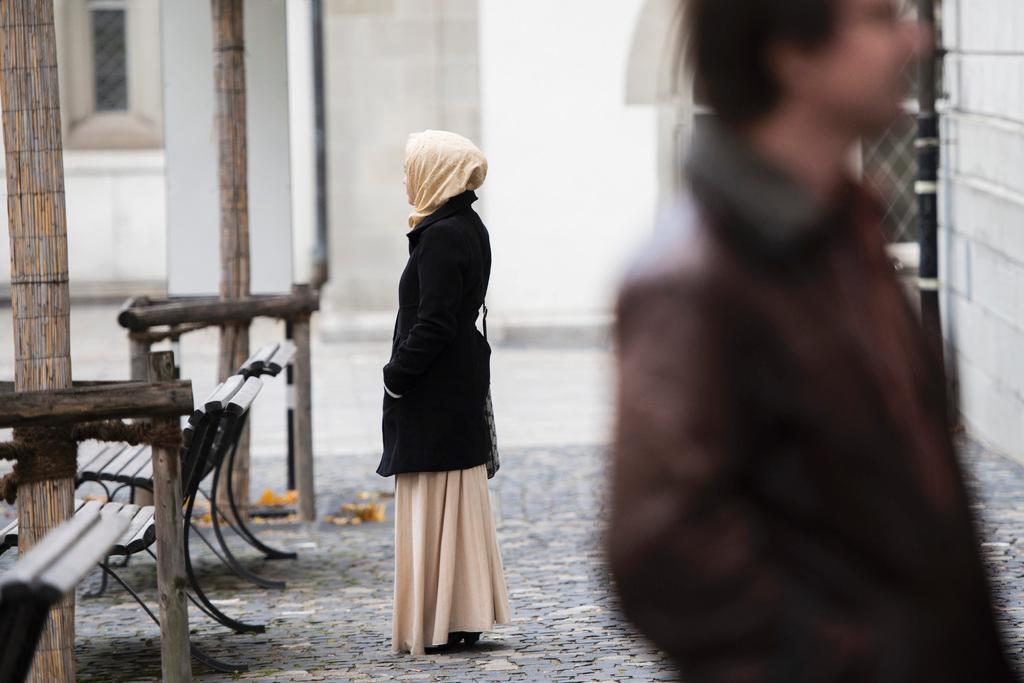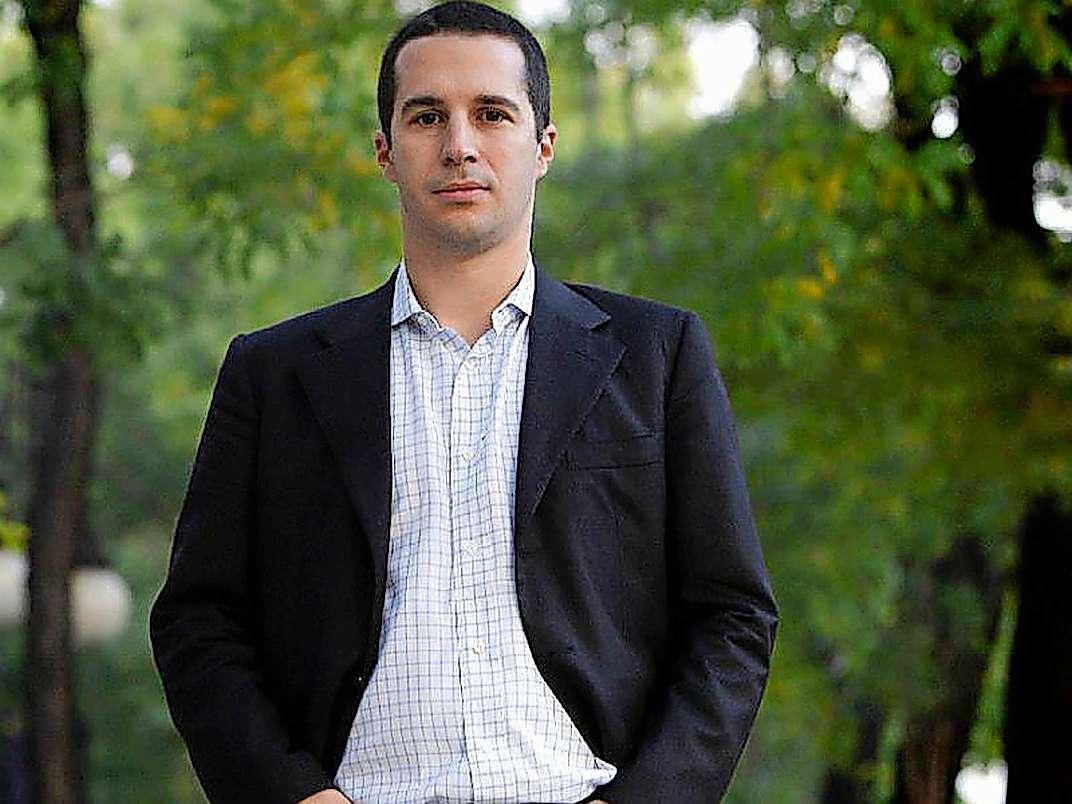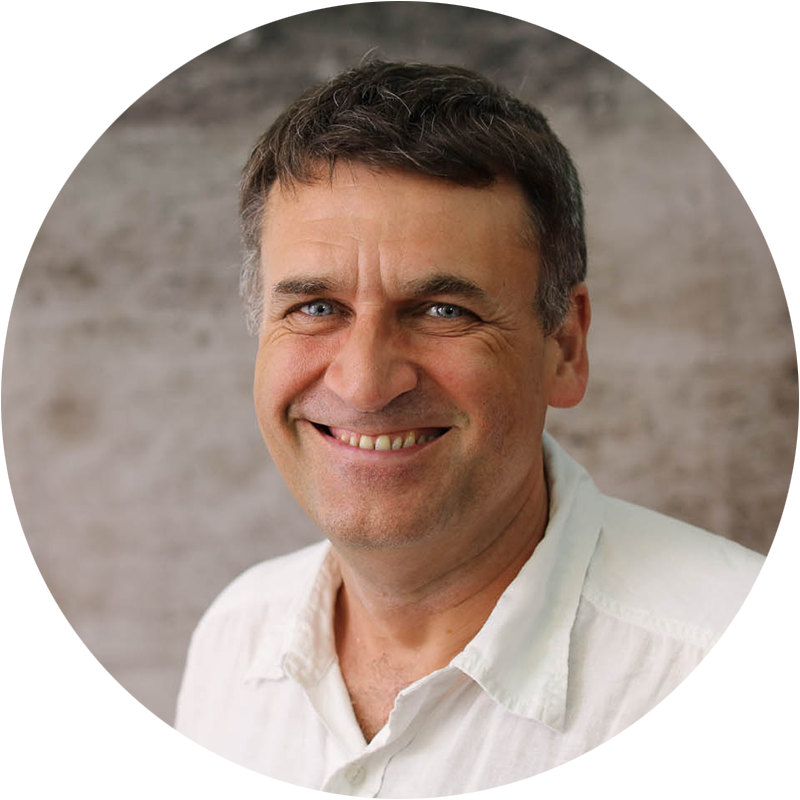Integration ‘not an antidote’ to Islamic extremism

In Europe, Islamist radicalism varies from country to country. Integration, foreign policy, ethnic origin and the absence of radical preachers may play a role in helping curb the phenomenon, as seen in Switzerland, explains terrorism expert Lorenzo Vidino. But none of these factors are a real guarantee.
In most European countries 30% of those who leave to join jihadist extremists in Syria have converted to Islam, said the Italian specialist, who published a study on Islamist radicalism in Switzerland in 2013.
On Tuesday the head of the European police agency Europol, Rob Wainwright, said that 3,000 to 5,000 European nationals had gone to fight in the Middle East, calling it a “startling figure” and “the most serious threat Europe has faced since 9/11.”
swissinfo.ch: After the deaths of 17 people at the hands of Islamic extremists in Paris, Swiss Defence Minister Ueli Maurer declared that there was no reason to modify Switzerland’s security set-up. Is this justified or should surveillance be stepped up?
Lorenzo Vidino: This is an appropriate response. Over the past two months anyone working on terrorism-related matters was talking about this kind of scenario taking place. Everyone knew that these kinds of attacks could happen. Switzerland’s anti-terrorism apparatus has been on alert for some time now. It would’ve been more embarrassing if the defence minister had said the whole set-up had to be overhauled.
Switzerland faces similar risks to France, Britain or the United States, albeit on a lower level.
swissinfo.ch: In 2009 Swiss voters approved an initiative banning the construction of new minarets. Less than a year ago three Iraqis suspected of planning a terrorist attack were arrested in Switzerland. Isn’t it slightly naive to think that Switzerland is not a major target for Islamic terrorists?
L.V.: I would make a distinction between the state security set-up and people’s perceptions. Security officials are well aware of the different dynamics. As to the three Iraqis, what surprised people a bit was their profile. They were not teenagers who had become radicalised but three individuals with military training who were preparing a serious operation which was very different to those seen elsewhere.
Society views Switzerland as a rather fortunate island but this perception is based on the wrong assumptions.

swissinfo.ch: The Federal Police have indicated that Switzerland is used as a logistics base by organised criminal gangs. Could the same be said of extremists?
L.V.: I don’t think so as they are generally less organised. It was perhaps true ten years ago but less so for more structured groups. This new form of terrorism, which consists of small groups and individuals, doesn’t deal with large sums of money. It’s not September 11-style terrorism. You don’t need a huge amount of money to carry out attacks like the ones in Paris.
swissinfo.ch: One argument you often hear in Switzerland is that the risks of radicalisation are lower than in France as Muslims are better integrated. Can integration on its own eliminate fanaticism?
L.V.: Not at all. The question is obviously a current topic of debate. There is no consensus on the links between integration and radicalisation. Personally, I am one of those who think that this link is tenuous. You only have to study the profiles of those who commit attacks. Their backgrounds are very varied. There are people who live on the fringes of society and others who are well integrated.
Lorenzo Vidino, who was born in Milan, Italy, is an expert in Islamic terrorism and political violence. He works closely with the RAND Corporation, Harvard University and the Centre for Security Studies at Zurich’s Federal Institute of Technology (ETHZ). He currently works for the Institute for International Political Studies in Milan.
swissinfo.ch: Do you have any examples?
L.V.: I am always reminded of the case of Mohammed Siddique Khan, the leader of the four London bombers from 2005, who was considered a model of integration but later blew himself up.
In most European countries 30% of people who go to Syria to fight are people who have converted to Islam. So you can’t say it’s an integration problem. But there are individual integration problems which are more psychological than socio-economic. There are people who, for one reason or another, don’t feel at ease in western societies. But it’s clear that people tend to start to become radicalised when they are from impoverished districts or broken families or have problems at school. But there are also lots of university students, those who recently converted and youngsters from well-to-do families.
Radicalisation is a process which unfortunately has been part of our society for a while. If you go back 40 years you can see groups like the Red Brigade or the Red Army Faction, which were made up of upper-middle class youngsters who became more radical for purely ideological reasons. It wasn’t because they were desperate but because when you are 20, ideals, and the spirit of adventure and group pressure are important motivating factors.
swissinfo.ch: In your study on radicalisation you stress that this phenomenon is limited in Switzerland compared to other European countries. Why is that?
L.V.: For four reasons, although none of them represent any kind of guarantee. The first is integration. It’s obvious that the integration process here is positive and can reduce the possibility of someone becoming radicalised. It’s a help but not an antidote.
Then there is Switzerland’s foreign policy. There are no Swiss soldiers fighting in either Iraq or Afghanistan. But we should be careful as this doesn’t mean the culprits behind the Paris attacks were radicalised due to French policy abroad.
Thirdly, there is the ethnic origin issue. Eighty per cent of Swiss Muslims come from the Balkans or Turkey, where Islam is more moderate and less political. But here we also need to be careful. When I met members of the Salafist community in Switzerland, I noticed that they practically all have Bosnian, Macedonian or Kosovar backgrounds.
Lastly, and for me the most important, in Switzerland, probably by pure chance there has never been a hard-core group of Islamic extremists that ‘infected’ other elements of the community. In most cases, those involved in terrorist plots have been minor figures or followers of the major people involved in Islamic extremism based elsewhere in the West. In Switzerland there have never been any charismatic figures like Djamel Beghal in France or Abu Hamza in London.
swissinfo.ch: Doesn’t this process of radicalisation increasingly take place on the internet rather than in certain mosques ?
L.V.: The internet certainly contributes to the spreading and strengthening of the message. But you don’t become more extreme by sitting in front of a computer. Internet just multiplies everyday activities.
People often become more extreme in small groups. They maybe meet at a mosque and then later play football together. Then they go to listen to a particular preacher. Finally on the internet they exchange links to strong speeches, videos, etc. Internet allows them a total immersion in the world of Islamic extremism but it’s rare that people become more radical on their own via the internet.
swissinfo.ch: The big question therefore is how can you combat extremism?
L.V.: Ironically there is not much to say. It’s very difficult. There is the repression side which could be stepped up a bit in Switzerland but without affecting civil rights of course.
But the problem is above all ideological. If you stop one person and two others emerge it’s clear that the problem won’t go away.
You can tackle it perhaps at a religious level but western governments can’t do much in this area. Or you could propose a slightly more convincing democratic model for society.
At the individual level you could work on jihadi de-programming techniques which have been introduced in some countries. These are processes where the individual is approached by someone who is thought to be ideal to help with the de-radicalisation, such as a parent or imam. These solutions sometimes work, but sometimes they don’t.
Translated from French by Simon Bradley

In compliance with the JTI standards
More: SWI swissinfo.ch certified by the Journalism Trust Initiative













You can find an overview of ongoing debates with our journalists here . Please join us!
If you want to start a conversation about a topic raised in this article or want to report factual errors, email us at english@swissinfo.ch.